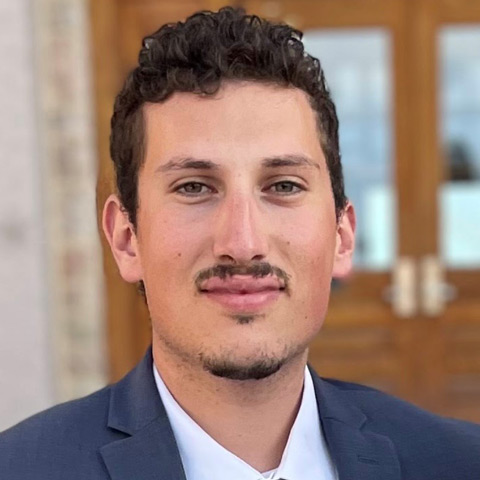Bridging science and business for the future of medicine.
The M.S. in Drug Development is a forward-thinking program that equips students with both the scientific knowledge and business acumen necessary for success in the pharmaceutical industry. Developed in collaboration with industry professionals from across the country, the program offers a comprehensive curriculum that covers pharmaceutical science, drug design, manufacturing practices, applied biostatistics and essential lab skills. Students also gain a deeper understanding of the business side of the industry, including marketing strategies and regulatory compliance.
With courses in research methods, good manufacturing practice (GMP) and pharmaceutical ethics, graduates are prepared to navigate the complexities of drug development while maintaining the highest ethical standards. Whether you're aiming to advance your career in the pharmaceutical industry or exploring the possibility of pursuing a doctoral degree in pharmacy or pharmaceutical science, this program provides a solid foundation for your future.
Leading With Integrity
Our program instills a strong foundation in ethical decision-making, ensuring graduates approach every facet of the pharmaceutical industry with responsibility and integrity. With dedicated courses in ethics, good lab practices and research methods, the concept of cura personalis (care for the whole person) is our guiding principle.
Know what you're looking for? This is for you:




